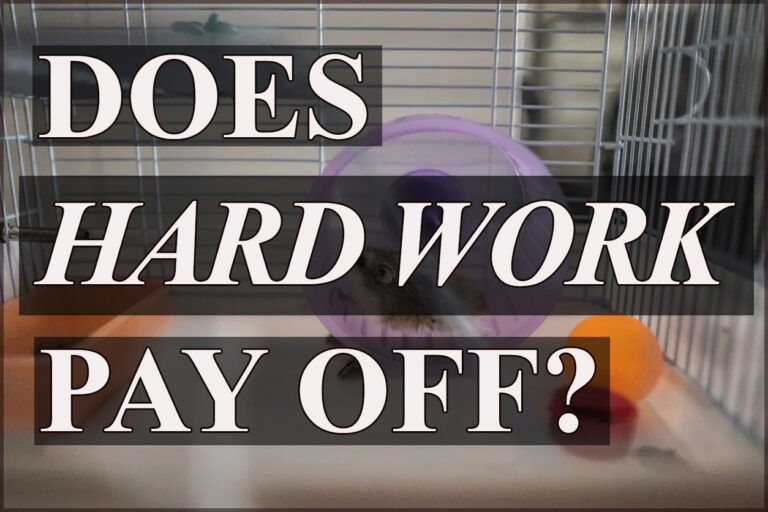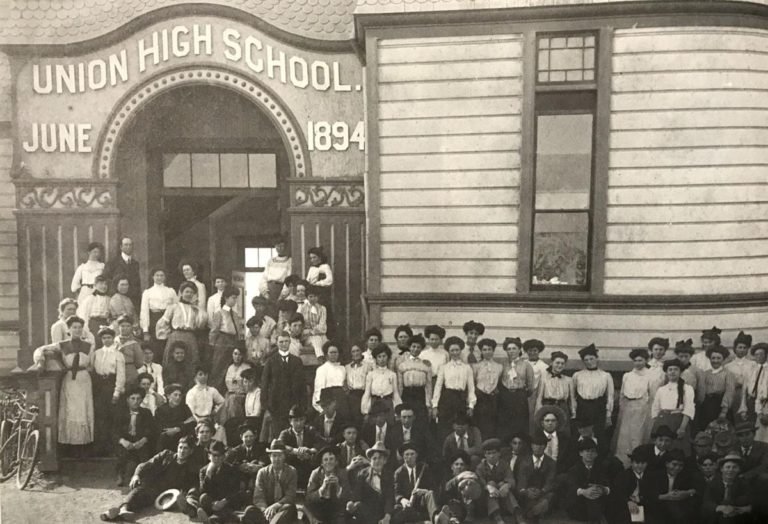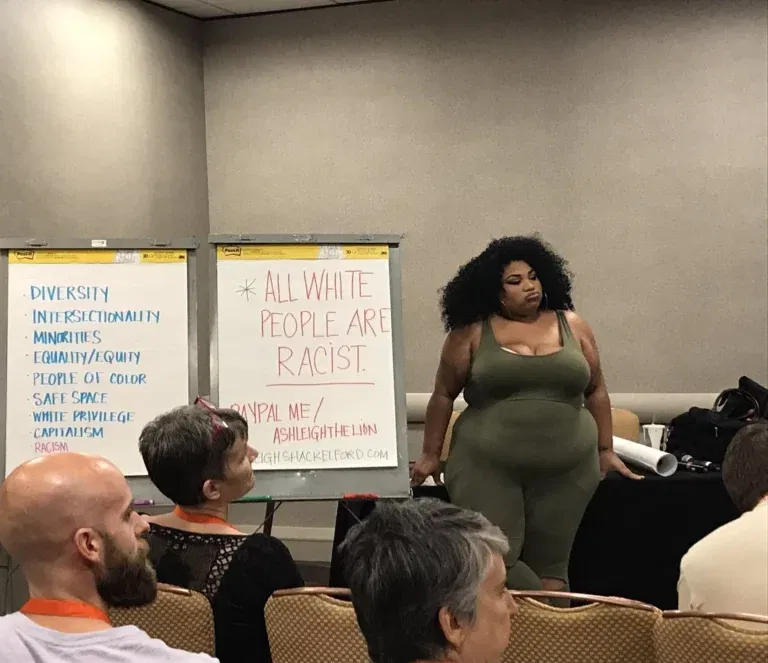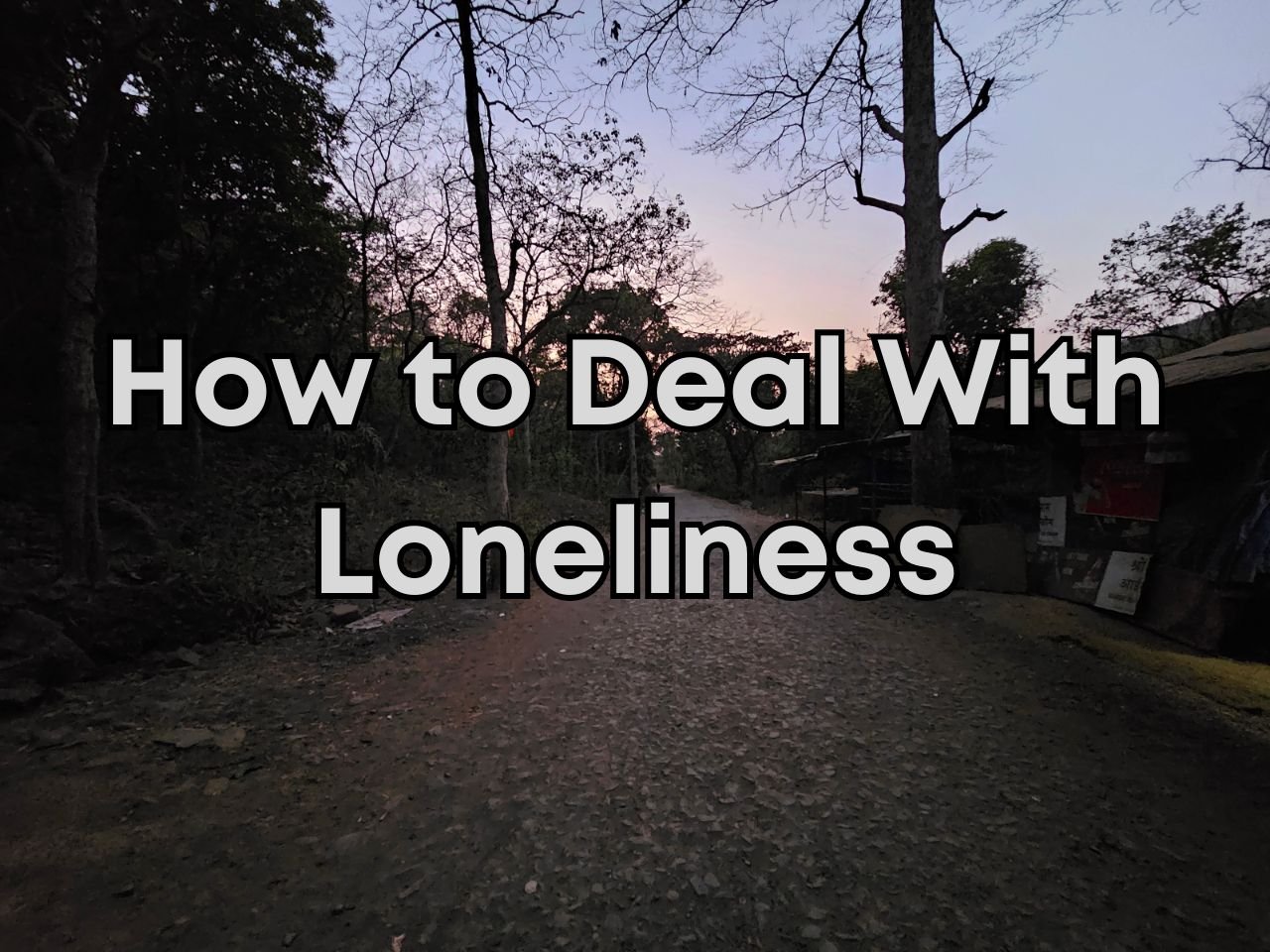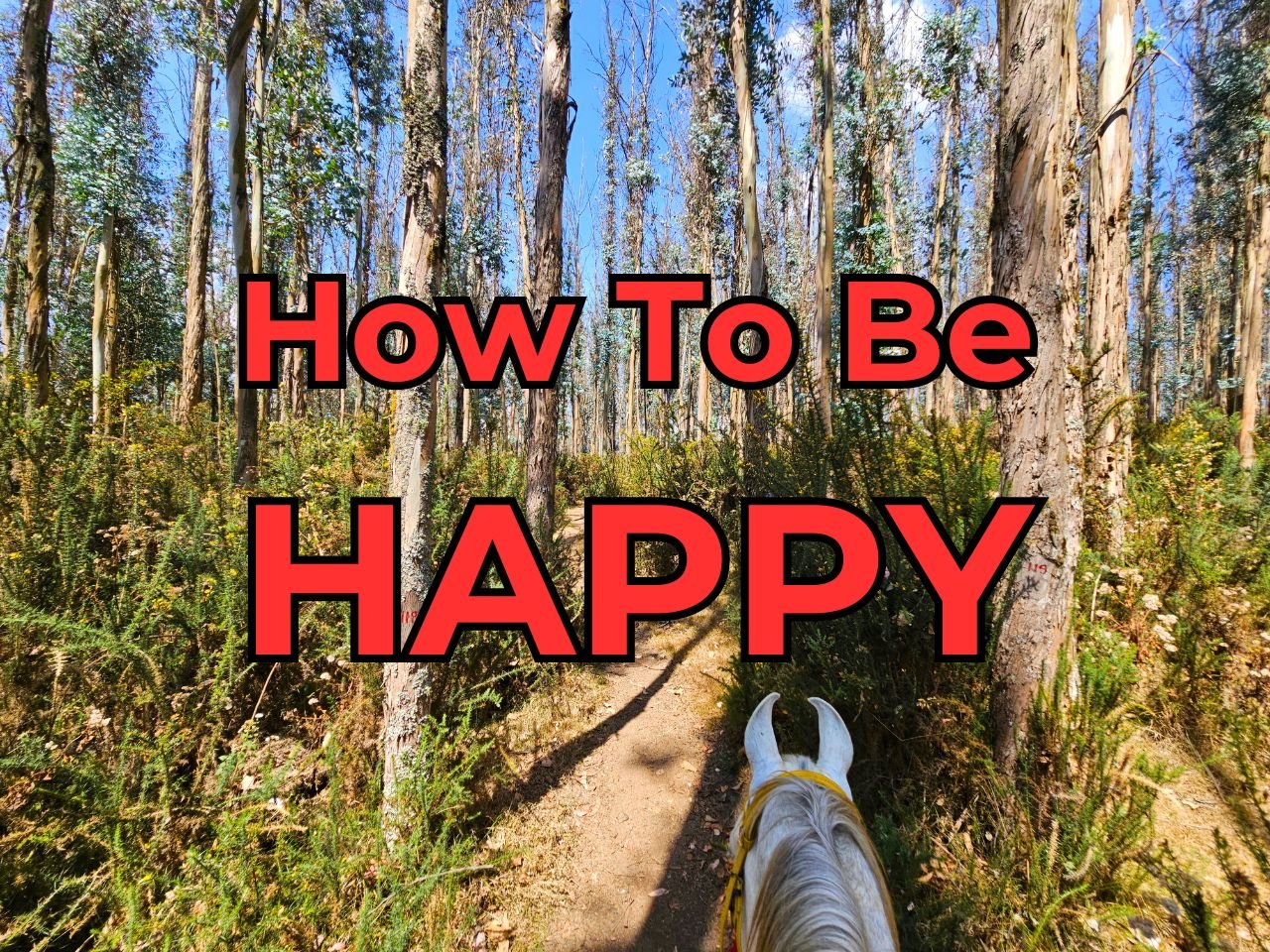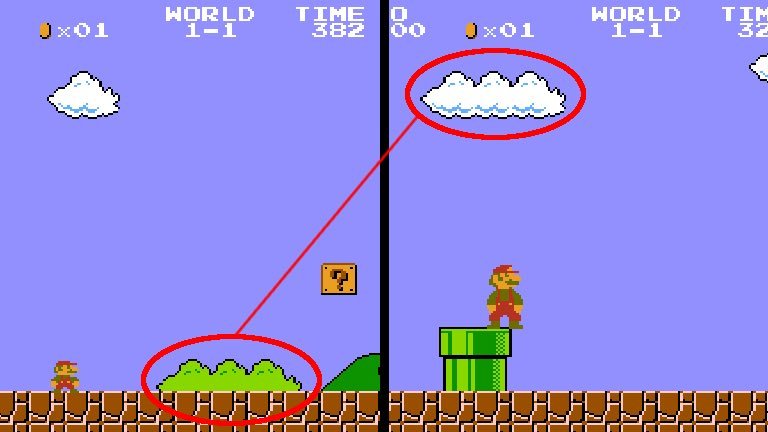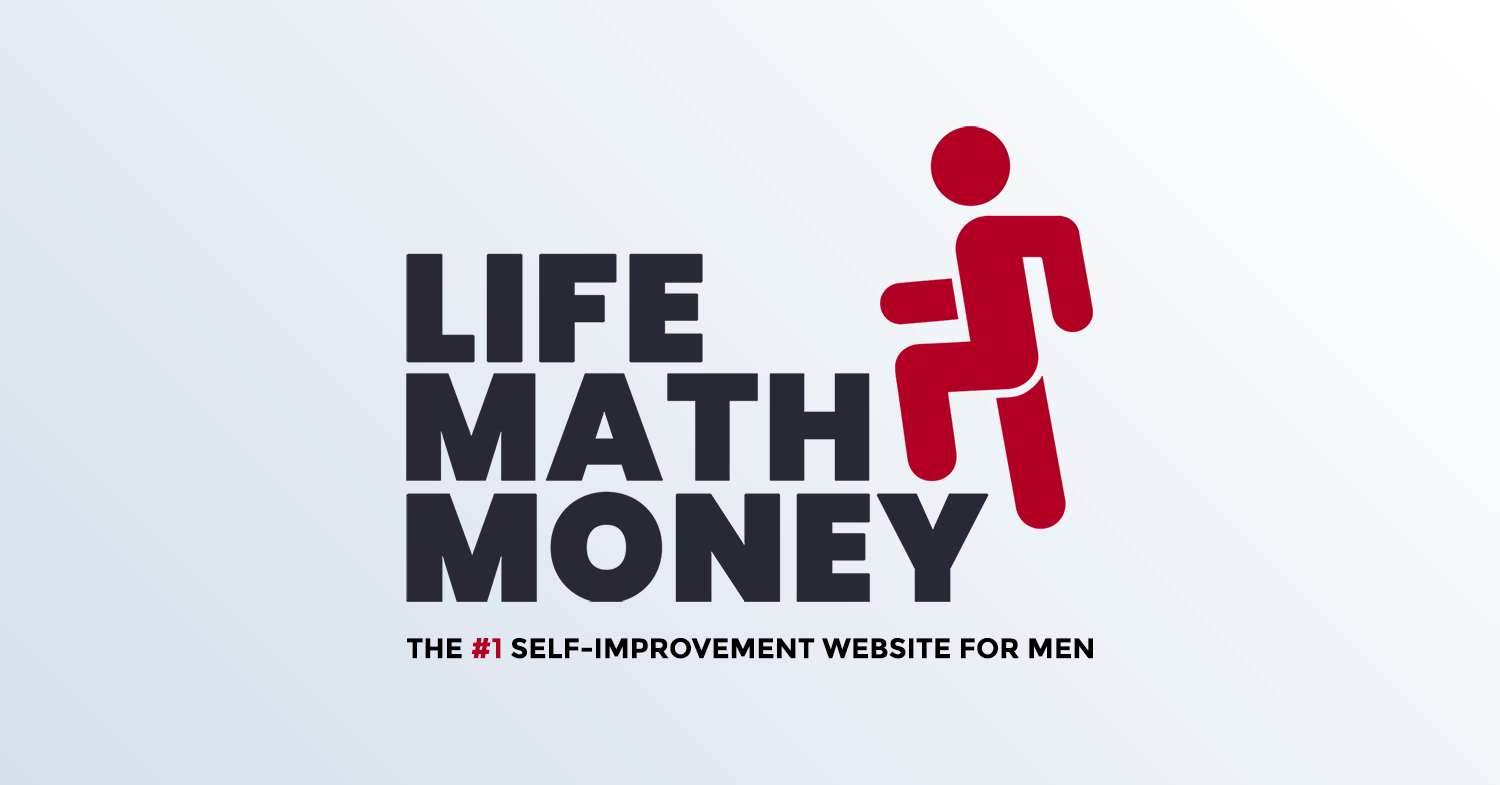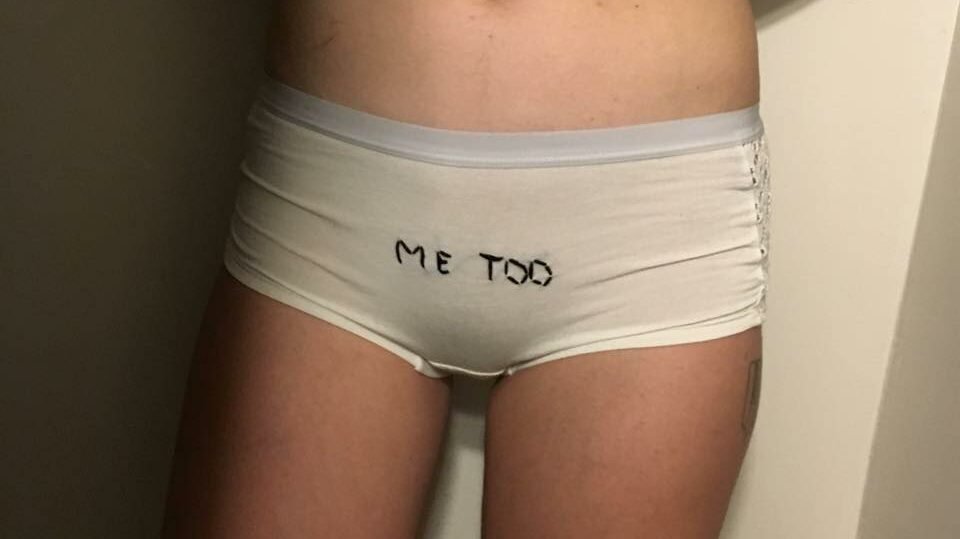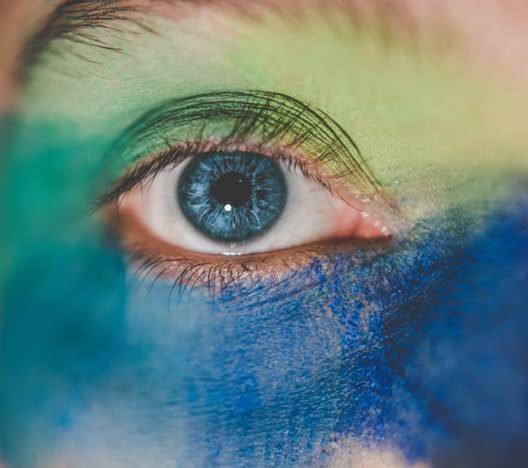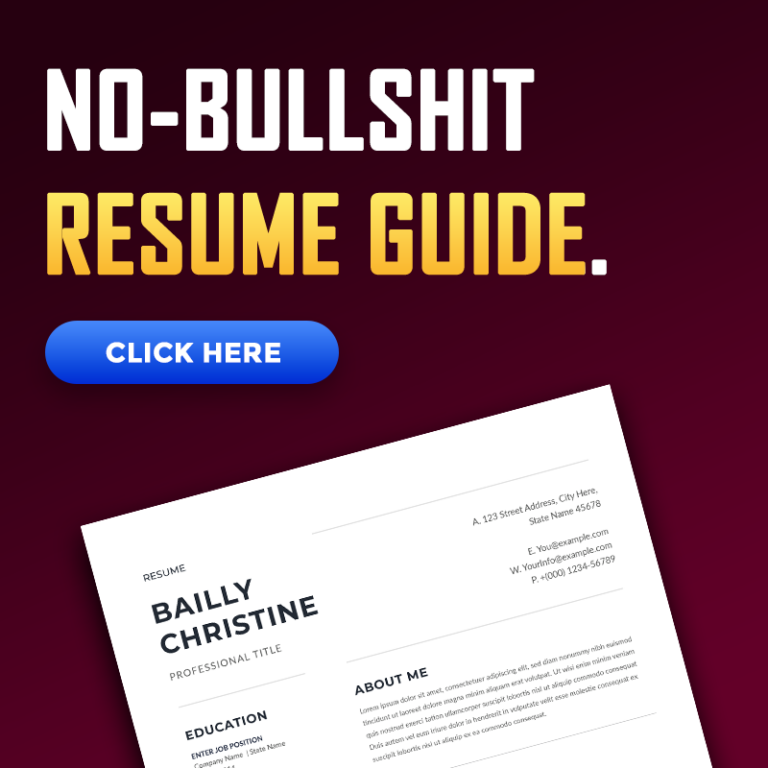Confidence: The feeling or belief that one can have faith in or rely on someone or something.
Modern day, confidence is scarce.
It’s understandable if you take a look at the life of an average adult:
- He goes to school; he lives in a structured environment where there’s a linear relationship with how hard he works and what grades he gets.
- When he is in school, he also learns to “behave” and be subordinate to pretty much everyone else.
- He’s taught that confidence “comes from the inside” with no external motivator.
- He spends most of his time at work taking orders from other people.
- He spends most of his free time watching TV and chugging beer with his “friends”.
Now, there’s nothing wrong with going to school, but if you notice closely, you’ll see that the average person’s life is a life devoid of achievements.
HE HAS NOTHING MEANINGFUL TO BE PROUD OF.
All he knows is how to be subservient to someone else, and “give respect”, without regard to the question that “Does this person deserve my respect and service or not?”
(Unrelated: “Listen to your elders” is probably the worst advice you’ll ever receive.)
If you’ve lived a life where you haven’t shown yourself that you can do something, that you are actually capable of achieving something, a life where you received a trophy just for participating, what exactly do you have that will give you confidence in yourself?
The #1 cause of a lack of confidence is having no achievements.
Now, you combine that with the fact that distractions such as TV, movies, social media, and porn are easily and readily available for anyone who’s willing to use them – you end up in a situation where you have a generation of people with “anxiety disorders”.
There was a time, before the internet, where if you were “anxious”, you’d be forced to fix it – you couldn’t drown yourself in mindless internet entertainment. You would literally starve to death if you were too afraid to go out and kick it.
Modern-day life is easy, you don’t have to hunt for food, you won’t starve to death because of your reluctance to fix your body and mind, and you can pretty much live a comfortable life without taking any real risks.
The relative ease of survival and no real purpose in life results in a situation where you feel “anxious” – afraid of something, but you’re not sure what of.
In fact, it looks like it has become cool to have an anxiety problem. People say “I’m socially awkward” like it’s something to be proud of. Lots of people pay for “therapists” as if that’s a normal expenditure.
Psychologists and mainstream media will tell you that it’s okay to be anxious.
But this isn’t mainstream media, and I’m not a psychologist.
Self-acceptance is for losers who don’t want to put in the effort to improve.
I’m not going to write a treatise on how confidence is an intrinsic self-originating quality, that you can just think yourself into becoming. Why? Because it’s completely false.
Confidence does *not* come from the inside out.
You cannot randomly become a confident person – that only happens in movies.
Real confidence comes from the outside in.
You achieve something, you feel proud, you become more confident.
You try something new, you improve at it, you become more confident.
You handle a new situation, you become more confident.
Real confidence comes from wins, achievements, and experiences that provide external confirmation that, yes, you are actually worthwhile.
It comes with practice and preparation, not from some bullshit session on “positive thoughts”.
Have you ever noticed that athletes tend to have ridiculous amounts of confidence in social situations? That’s because they’ve had so many wins that a winner’s behaviors become natural to them.
So here’s how you’re going to build confidence and beat anxiety:
You’re going to learn a martial art.
This gives you experience with physical fighting. An enormous amount of confidence comes from knowing that in case things go down, you’re the one who’s going to be doing the ass kicking.
You’re going to look people in the eye.
This helps you get rid of anxiety – humans are nothing to be scared of.
You’re going to make small talk with people you meet.
Remember, people aren’t out to hurt you.
Making small talk with people you meet will help you “relearn” social interaction, and will give you experience with making new connections.
If you’re terrible with interacting with people you don’t know, I’d recommend doing it where there would be no social consequences for messing up, where you are probably never going to see that person again.
Eventually, the anxiety of talking with strangers will go away, and you become confident that you can make friends anywhere you go.
You’re going to go to the gym and become fit.
Fit people are naturally more confident.
Actually experiencing the fact that you can do a hundred squats is a win in itself.
STRENGTH of the body plays a huge role in how confident you are.
Because if you’re not confident, a nice clean suit can make you feel more confident. Again, from the outside in, because people treat you better.
You’re going to start small and work your way up.
Think of the things and situations you lack confidence in.
Do you lack confidence in interacting with people in general? Do you lack confidence in your work? Do you lack confidence when approaching someone of the opposite sex?
Step 1 will be figuring out where you’re lacking in because defining the problem comes before making a plan and executing a solution.
Then you’re going to collect small wins in that area.
Small wins will give you the preparation and the confidence you need to aim for big wins.
Small win + Small win + Small win = Enough confidence for big win attempt
For example, let’s take an extreme situation – someone who has lots of anxiety; someone who can’t even talk to a stranger without stammering.
You start with asking someone you don’t know what time it is. They tell you the time. Okay, so nothing bad happens. You repeat that a few times. Small wins for someone with that level of anxiety.
So now you muster up the courage and ask someone “Hey, how are you?”. Mixed reactions. Some ignore you, some smile and say fine, some try to chat with you. Bigger win.
And so on and so forth.
You’ll face rejections too, and you’ll become okay with it.
(Half of all success is being okay with rejection. If you’re not comfortable with hearing a NO 95 times out of 100, you’re not going to win. You’re going to get rejected – A LOT. It’s a part of the journey. Just keep going – it’s a numbers game.)
Eventually, they’ll become confident enough to cold approach people.
Remember, this formula works regardless of what you’re struggling with.
Exposure and practice.
If you want to learn tennis, you won’t be serving aces on day 1. You’ll start small – you spend some time rallying with the wall; once you’re better, you start rallying with a human, then you learn to serve, and only after rigorous practice you’re able to execute flawless spins.
So, to summarize:
- Confidence comes from outside in, not from inside out. This isn’t a feel-good movie.
- The reason people don’t have confidence, and instead have anxiety disorders is because they lead a life of futile purposeless comfort – devoid of any meaningful personal achievements to derive confidence and pride from.
- Confidence can be built, and anxiety can be disposed of – but it’ll take exposure and practice.
- Small wins lead to big wins.
- As you incrementally gain small wins, you’ll incrementally gain the experience you need for bigger challenges. Practice with small wins; use the experience and newfound confidence to try for big wins.
And no, a session with some psychotherapist won’t help you; incrementally facing your fears will.
So start taking action TODAY.
Hope that helps.
Your Man,
Harsh Strongman
P.S. Grab a copy of Live Intentionally: Discipline, Mindset, Direction – A 90 Day Self-Project to help you supercharge your growth to the next level and get moving today itself.



